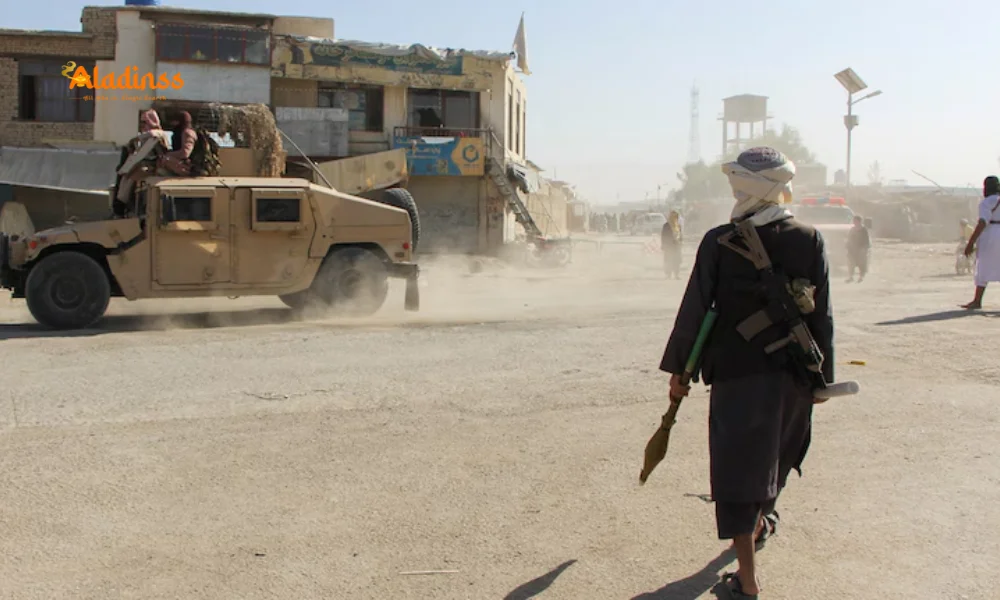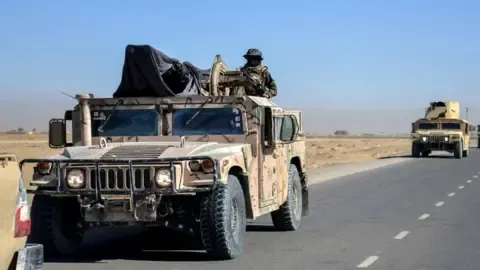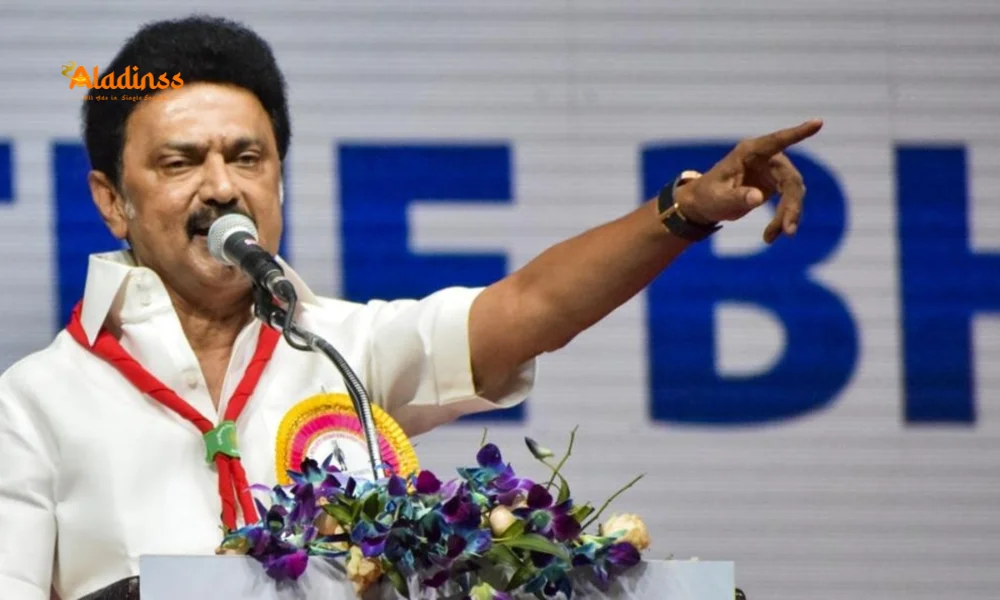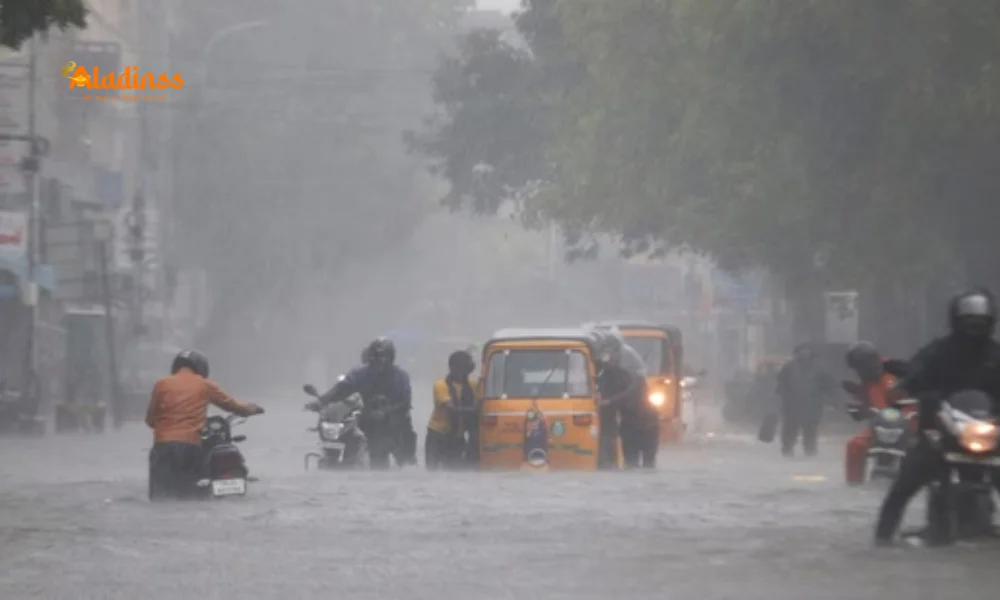Pakistan-Taliban Doha Talks: Border Crisis Deepens

Critical Pakistan-Taliban Talks Kick Off In Doha Today As Border Crisis Deepens | Exclusive Details

As tensions simmer along the volatile Durand Line, Critical Pakistan-Taliban Talks Kick Off In Doha Today As Border Crisis Deepens | Exclusive Details emerge from diplomatic circles, highlighting a pivotal effort to defuse the escalating standoff between Islamabad and Kabul. Set to unfold on October 17, 2025, in Qatar's neutral capital, these high-level discussions involve Pakistan's National Security Adviser and DG ISI Lt Gen Asim Malik alongside Afghan Taliban Defense Minister Mullah Yaqoob, with additional ministers and security chiefs potentially joining from both delegations. This gathering, mediated by a discreet third party, arrives at a make-or-break moment, driven by surging cross-border incursions from the Tehreek-e-Taliban Pakistan (TTP) that have claimed dozens of lives and strained bilateral ties to the breaking point.
The Afghan contingent's journey to Doha signals Kabul's calculated play to burnish its international credentials, framing the Taliban regime as a legitimate actor capable of engaging on equal footing. Rejecting any whiff of Pakistani overreach, the delegation aims to parlay the border flare-ups into leverage for broader recognition, underscoring a core grievance: interference in sovereign affairs. For the Taliban, participation isn't just procedural-it's a bold assertion of post-2021 authority, transforming a security spat into a diplomatic coup that could echo in forums from the UN to regional summits.
From Pakistan's vantage, the stakes couldn't be higher. Beset by a resurgent TTP launching audacious raids in Khyber Pakhtunkhwa and Waziristan, Islamabad views Doha as a lifeline to avert domestic blowback. Military exhaustion after years of counter-insurgency ops has left the army stretched thin, prompting a pragmatic pivot toward dialogue. The talks offer a platform to lay bare the TTP's safe havens in Afghanistan, demanding concrete Taliban commitments to dismantle these nests and curb cross-border flows of arms and fighters.
Doha as Neutral Ground: The Mediator's Role in Fractured Ties
Qatar's selection as venue isn't coincidental; Doha's track record in hosting thorny parleys-from the 2021 Doha Accords to Iran nuclear talks-positions it as an impartial broker. The unnamed mediator, likely a Qatari diplomat with deep Taliban ties, will navigate the chasm: Pakistan's insistence on TTP extraditions versus Kabul's sovereignty red lines. Early agendas hint at confidence-building measures, like joint border patrols or intelligence swaps, but underlying distrust-fueled by mutual accusations of harboring militants-looms large.
Pakistan's delegation, led by Gen Malik, brings dossiers of TTP atrocities: ambushes killing 50 soldiers since July 2025, per ISPR data. Yet, fatigue tempers demands; a ceasefire extension-perhaps 90 days-tops priorities, with concessions like eased trade barriers as bait. The Taliban, eyeing economic lifelines amid sanctions, might nibble, but Yaqoob's hardline stance signals no capitulation on "internal matters."
This Pakistan-Taliban talks Doha setup echoes 2018's fruitless efforts, but current desperation-Pakistan's floods compounding insurgency woes-elevates urgency. Success hinges on mediators threading the needle between security imperatives and diplomatic pride.
TTP's Shadow: The Insurgent Group Driving the Border Crisis
At Doha's core lurks the TTP, the Pakistan Taliban's al-Qaeda-linked scourge reborn post-2021 Afghan takeover. With 6,000 fighters, per UN estimates, the group exploits porous frontiers for hit-and-run tactics, claiming 200 attacks in 2025 alone. Pakistan alleges Taliban complicity-training camps in Nangarhar-while Kabul retorts with claims of ISI meddling in Baloch separatism. This tit-for-tat has spiked civilian casualties, displacing 100,000 in Waziristan.
The TTP's ideology-anti-state jihad-thrives on grievances: drone strikes, forced deportations. Doha could yield a joint anti-terror pact, mirroring U.S.-Pakistan deals, but Taliban ambivalence-viewing TTP as "brothers"-complicates enforcement. Pakistan pushes for drone access in Afghanistan, a non-starter for Kabul, risking impasse.
- TTP strength: 6,000 militants, 200+ attacks in 2025.
- Pakistani demands: Camp dismantlement, extraditions.
- Taliban counter: No interference in "Afghan matters."
As Critical Pakistan-Taliban Talks Kick Off In Doha Today As Border Crisis Deepens | Exclusive Details, the TTP's specter demands breakthroughs, lest violence engulfs the region anew.
Strategic Stakes: What Pakistan and Taliban Stand to Gain or Lose
For Pakistan, Doha is a security salve: stabilizing the west frees resources for economic revival amid IMF austerity. A TTP truce could slash defense spending by 10%, per think tanks, but failure invites refugee surges and radicalization. Islamabad eyes Taliban buy-in for CPEC extensions into Afghanistan, blending security with commerce.
The Taliban, isolated globally, seeks legitimacy: Doha spotlights their governance, potentially unlocking frozen assets. Yet, yielding to Pakistan risks alienating hardliners and TTP allies, fracturing the Haqqani network's cohesion. Concessions might include refugee repatriation pacts, easing Pakistan's 1.4 million Afghan burden.
Broader ripples: China, backing CPEC, urges calm; India watches warily for spillover. Success could model regional pacts; failure, a proxy quagmire.
Historical Context: Past Talks and Persistent Tensions
Pakistan-Taliban parleys aren't novel; 2022's Moscow format yielded ceasefires that crumbled under TTP resurgence. The 2014 Murree accord collapsed amid trust deficits, mirroring today's dynamics. Border fencing-Pakistan's 2,600 km barrier-has curbed flows but inflamed locals, with 2025 clashes killing 150.
Doha's third-party touch, akin to Oslo's Oslo I, offers fresh hope, but history cautions: without verifiable mechanisms, pacts falter. U.S. exit in 2021 turbocharged TTP, underscoring external meddling's perils.
As Critical Pakistan-Taliban Talks Kick Off In Doha Today As Border Crisis Deepens | Exclusive Details, history whispers caution, but necessity screams for compromise in this high-wire act.
Comment / Reply From
No comments yet. Be the first to comment!











